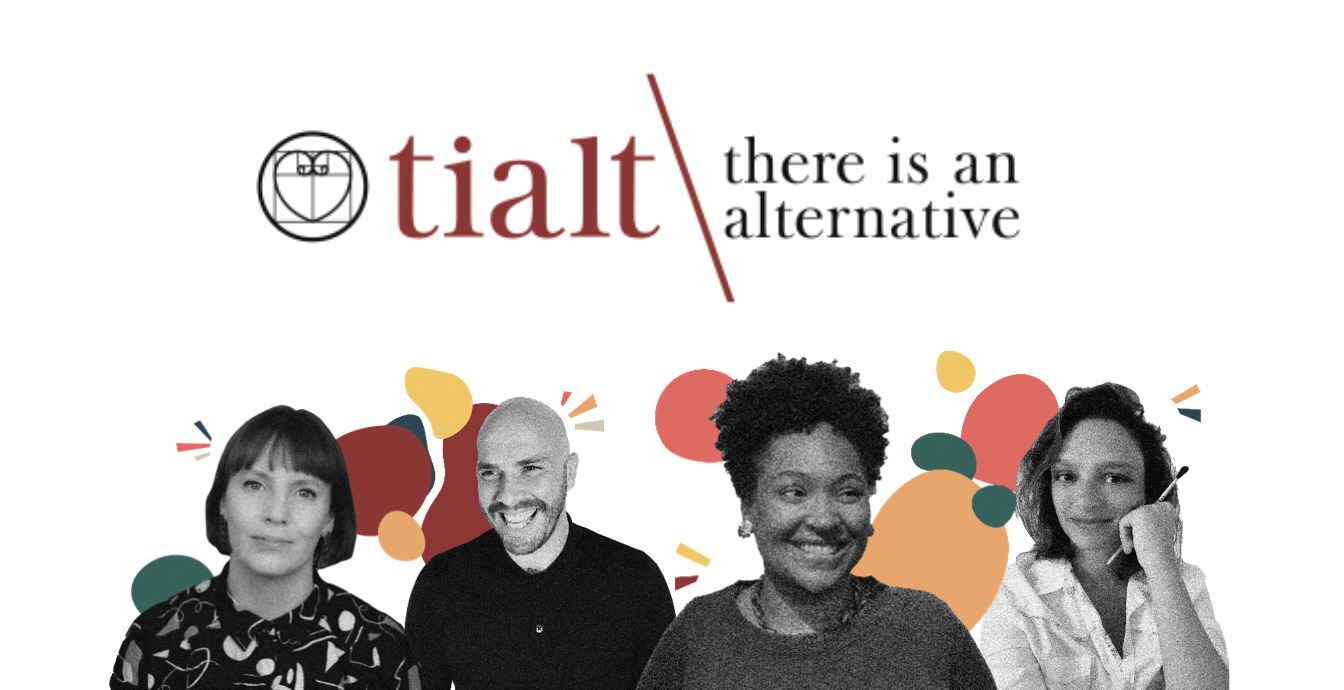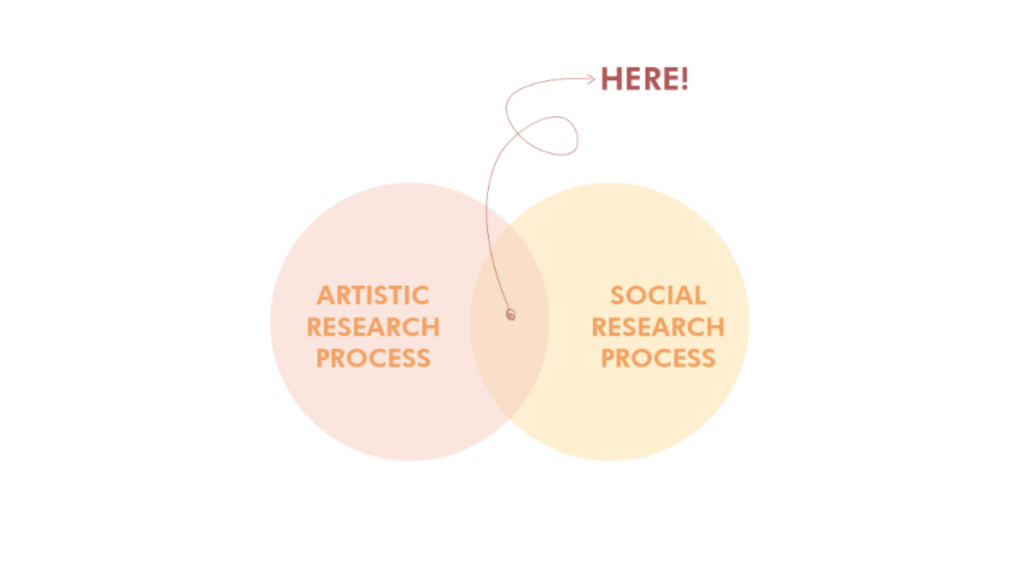
03.04.23

When our six CULTIVATE Creative Practitioners first met all the way back in January, we were also joined by Dougie Lonie and Rosie Priest of social research organisation Tialt. They’re taking on the role of Learning Partner for CULTIVATE, supporting the Creative Practitioners and our team to consider more carefully the outcomes and expectations of the process, and how to better express these to the wider community.
In this blog, Dougie takes us through the first stages of our work together and some initial learnings from the first meeting:
Dundee-based Tialt // there is an alternative is a social research organisation working with creative and cultural organisations across the UK and Europe. As a cross-disciplinary team of researchers, artists, and designers we co-design creative and inclusive research methods suited for exploring the broader impacts of cultural programmes and activities. Ultimately, we think the process that social researchers follow in their work is pretty similar to how many artists work, but these processes are not always compared or critically explored together.
We think that the ‘evaluation’ of projects and programmes is ultimately about learning as you go. By reflecting on the changes that our work makes to people and society we can adapt it as we go to create more positive impacts over time. Importantly, we can also share this with each other and our professional peers, so that when we make mistakes, or things don’t work out as planned, other people might not do the same. Of course, when things go well and we understand the positive impacts of our work, it’s important to share this learning too!

We’re really excited to be working alongside Creative Dundee and the six commissioned CULTIVATE Creative Practitioners to come up with a way of collectively reflecting on the impact of the work. It’s easy to use language like ‘engaging’ or ‘empowering’ communities, but we need to make time to stop and think about what these phrases actually mean. What are the limitations of some forms of ‘funding language’ in the context of people and communities just doing interesting things together (some of which are not predetermined or focused on a particular ‘output’ or ‘outcome’)? How do we explore and articulate the value of these activities?
In our first session with the creative practitioners, we asked what ‘success’ might mean. The response was that ‘success’ is about creating thoughtful connections of people and ideas, developing communities of practice, and making systems visible (before changing them).
We also talked about our processes, and how we capture and share the narratives of ‘success’ but also ‘learning’. Some observations were:
Based on these initial conversations we’re starting to think of the work of CULTIVATE as an ecology, a landscape, or maybe even a river (Tay?). We’re in the process of sketching out this ‘programme landscape’, which we will develop in partnership with the commissioned creative practitioners and communities over time. We will create a shared space (on and offline) to collect our reflections and stop within this landscape together at certain points over the year ahead to ask:
We look forward to cultivating this ‘learning and impact landscape’ collectively in the months ahead and sharing it with anyone interested in learning with us. We’re learning about how communities are engaging in creative work focused on sustainable development, we’re also learning about how we can collect and explore people’s experiences in new ways that can broaden our understanding of what ‘impact evaluation’ looks, sounds, smells, and feels like.
Thank you to Dougie for sharing this blog and the initial steps in an exciting journey for our CULTIVATE Creative Practitioners and the whole Creative Dundee team!
Discover more about CULTIVATE and meet our second cohort of Creative Practitioners.

If you would like to support us in creating even better content, please consider joining or supporting our Amps Community.